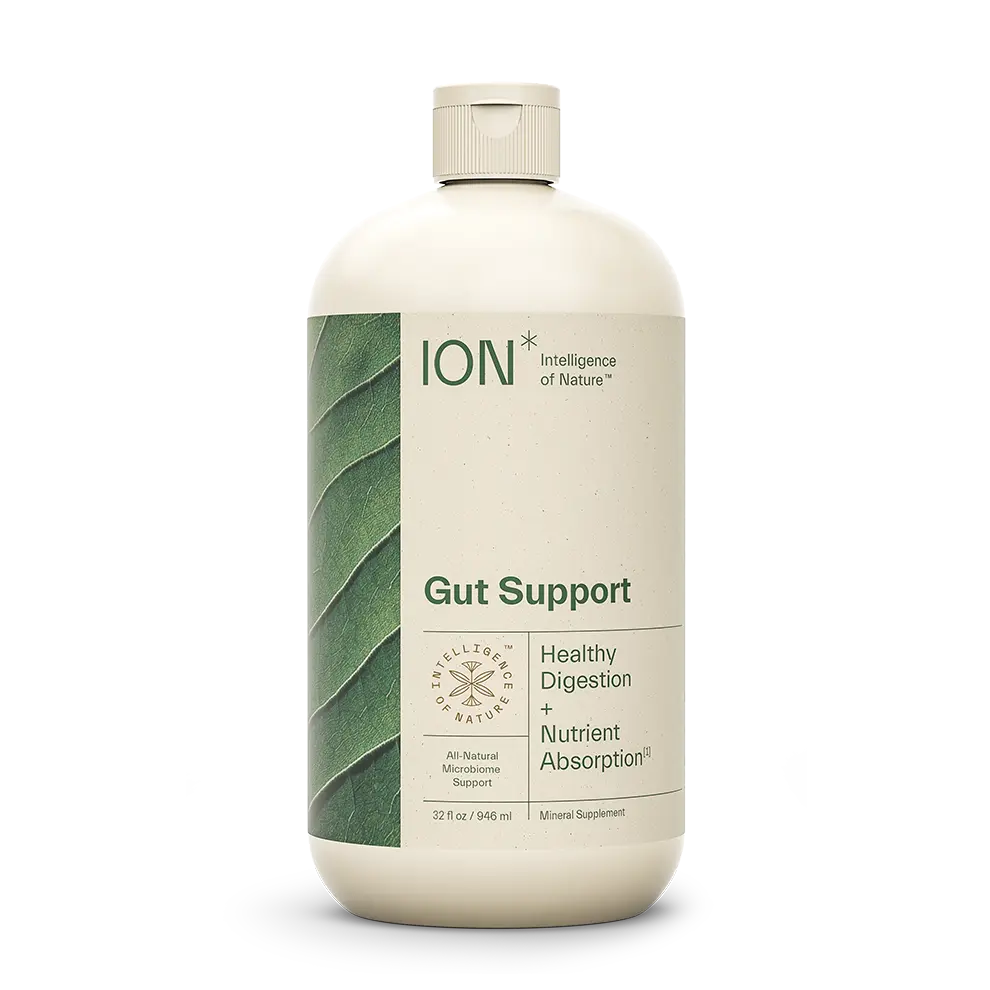Discover the Key to Digestion and Resistance With Digestive Tract Health Assistance

Recognizing Digestive Tract Health And Wellness
Comprehending gut health is critical for general well-being, as it plays a significant role in food digestion, resistance, and also mental health. The digestive tract, making up the gastrointestinal system, is accountable for damaging down food, soaking up nutrients, and getting rid of waste. A balanced digestive tract environment makes certain effective food digestion, allowing the body to make use of nutrients effectively.
In addition, intestine health and wellness significantly affects the immune system. The intestine houses a considerable section of the body's immune cells, and a healthy gut can help fend off virus and minimize swelling. Interruptions in gut health and wellness can result in an overactive immune reaction, potentially adding to autoimmune problems and allergies.
Furthermore, the intestine is commonly described as the "second brain" because of the gut-brain axis, a complex communication network linking the mind and the gut. This link influences mood, cognition, and psychological well-being. Issues such as dysbiosis, characterized by a discrepancy in gut germs, have actually been associated with psychological health conditions, including anxiety and depression.
The Intestine Microbiome Explained

The intestine microbiome, a diverse community of microorganisms living in the gastrointestinal system, plays a critical duty in maintaining digestive system health and wellness and total well-being. Making up trillions of germs, infections, fungi, and other microorganisms, this facility ecosystem help in the digestion of food, the synthesis of essential nutrients, and the law of metabolic processes.
Each individual's digestive tract microbiome is distinct, affected by factors such as diet regimen, way of living, genes, and ecological direct exposures. A balanced microbiome sustains ideal digestion by breaking down complicated carbs, creating short-chain fats, and helping with the absorption of nutrients. Alternatively, an inequality, typically described as dysbiosis, can cause gastrointestinal conditions, including irritable digestive tract syndrome (IBS) and inflammatory digestive tract condition (IBD)
Research study has actually shown that a varied microbiome is related to far better health and wellness results, underscoring the value of nutritional choices in supporting these microorganisms. Foods rich in fiber, probiotics, and prebiotics, such as fruits, veggies, and fermented items, can promote a healthy and balanced microbiome. Comprehending the gut microbiome is necessary for developing targeted interventions aimed at improving digestive system health and wellness and avoiding gastrointestinal conditions.

Link In Between Food Digestion and Immunity
A robust connection exists in between food digestion and resistance, highlighting the essential role of the digestive tract in keeping overall wellness. The stomach tract is home to trillions of bacteria that create the digestive tract microbiome, which significantly influences both digestion processes and immune reactions. This complex community help in breaking down food, taking in nutrients, and providing necessary metabolites that support immune function.
When food digestion is reliable, the intestine obstacle stays undamaged, stopping dangerous microorganisms from entering the blood stream. Roughly 70% of the immune system stays in the gut-associated lymphoid tissue (GALT), which communicates closely with the intestine microbiome.
Tips for Sustaining Intestine Health
Sustaining gut health is essential for keeping both digestion effectiveness and a well-functioning immune system. To promote optimal digestive tract health, consider incorporating a number of practical approaches into your everyday routine.
First, focus on hydration. Drinking ample water sustains food digestion and aids preserve the mucosal cellular lining of the intestinal tracts. Additionally, regular physical activity can enhance intestine motility and promote a diverse microbiome.
Conscious eating techniques are additionally necessary. Eating food completely and consuming gradually can aid food digestion and stop over-eating, which may emphasize the gut. Managing anxiety via methods such as meditation, yoga, or deep-breathing exercises can positively affect gut health, as stress and anxiety is understood to disrupt gastrointestinal procedures.
Incorporating prebiotics and probiotics right into your routine is another reliable strategy. While certain foods will be reviewed later, comprehending the importance of these components is vital. Prebiotics serve as food for click site useful digestive tract website here bacteria, while probiotics present real-time valuable organisms.
Lastly, avoid too much use prescription antibiotics, as they can interrupt the balance of intestine vegetation. By following these suggestions, you can considerably add to the maintenance of a healthy and balanced intestine, which is crucial for overall health and wellness and vigor.
Foods That Promote Gut Health

Fermented foods, such as yogurt, kefir, kimchi, and sauerkraut, are abundant in probiotics, which are useful microorganisms that support digestive tract flora and enhance food digestion. These foods can assist recover balance in the intestine, specifically after antibiotic use or digestion disruptions.
In enhancement to fermented options, prebiotic foods, such as garlic, onions, asparagus, and bananas, work as nutrients for these probiotics, promoting their growth and activity. These soluble fibers sustain gut mobility and can ease concerns like constipation.
In addition, integrating high-fiber foods, including whole grains, fruits, veggies, and legumes, is necessary for keeping a healthy intestine. Fiber aids in routine digestive tract movements and assists stop digestive system problems.
Lastly, omega-3 fats discovered in fatty fish, flaxseeds, and walnuts have anti-inflammatory homes Find Out More that can even more sustain intestine health and wellness. Stressing these foods in your diet plan can result in a durable gastrointestinal system and improved immune feature.
Conclusion
In conclusion, prioritizing gut health is essential for optimizing digestion and improving resistance. A well balanced digestive tract microbiome, influenced by dietary options and lifestyle variables, plays a crucial duty in nutrient absorption and swelling decrease. Including fermented foods, prebiotics, and high-fiber alternatives, together with correct hydration and stress and anxiety administration, can substantially advertise gut wellness. By adopting these strategies, individuals can support general wellness and vigor, unlocking the prospective advantages of a well-functioning intestinal system.
Understanding gut wellness is important for overall wellness, as it plays a considerable duty in digestion, immunity, and even mental health. The gut houses a considerable part of the body's immune cells, and a healthy and balanced digestive tract can aid fend off microorganisms and decrease swelling.In addition, the intestine is often referred to as the "2nd mind" due to the gut-brain axis, an intricate communication network linking the brain and the gut.A durable connection exists between digestion and resistance, highlighting the vital role of the gut in keeping overall wellness.In conclusion, focusing on digestive tract wellness is necessary for optimizing food digestion and improving immunity.